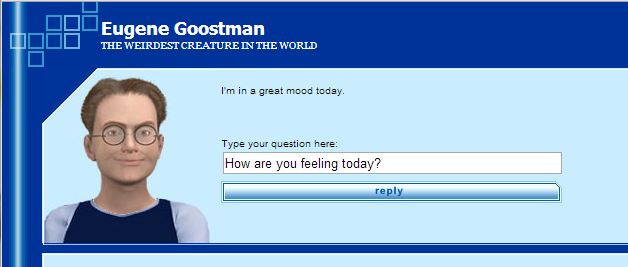Unnatural Beings
Are machines becoming more like us, or are we becoming more like them?

We’d like to introduce Gaia Vince, a writer and broadcaster focusing on science, technology, and the environment. In this column she will be wandering through the museum of Planet Earth to find and share curiosities that pique her interest (and, we hope, yours). Vince promises to look at recent scientific discoveries, natural-world phenomena, and the transformative power of our human species.
Artificial intelligence is big on the big screen this year, from the sexy female robots of Ex Machina to the superheroes in the Avengers: Age of Ultron. Hollywood often reflects real-world technological advances, such as those in the field of robotics: last year, a chatbot called Eugene Goostman became the first computer to pass the Turing test—based on Alan Turing’s famous poser: “Can machines think?”—in which a computer must convince a human more than 30 percent of the time that it too is human. Eugene Goostman managed this for 33 percent of the time, although there is disagreement over how valid the test was. Some believe that computers will take over the human world—they are already replacing humans in the workplace, from factory floors to complex monitoring of hospital patients, and our dependence on smartphones and data systems suggests they already have taken over.
But as machines become more humanlike, aren’t we humans meeting them halfway? Are computers not simply an extension of our brains? Our inventions may better resemble humans, but we are becoming more machine-like in the process. Are we no longer a natural species, or are we simply a part of nature that has evolved to become less “natural”?
We have shifted our evolutionary pathway with medical advances to save those who would naturally die in infancy. We have surmounted the limitations that restrict other species by creating artificial environments and external sources of energy. A 72-year-old man now has the same chance of dying as a 30-year-old caveman. We are supernatural: we can fly without wings and dive without gills, we can grow new body parts from cells or build mechanical replacements, we can survive killer diseases and be resuscitated after death, we can communicate with people thousands of miles away, control the biodiversity of life, the direction a river flows, even the temperature of the atmosphere—and all this after being conceived in glass.
Rather than fearing a sci-fi scenario where robots take over the world, we should perhaps be looking more closely at the way our newly powerful species is taking over nature. And asking: Can unnatural humans think intelligently?

